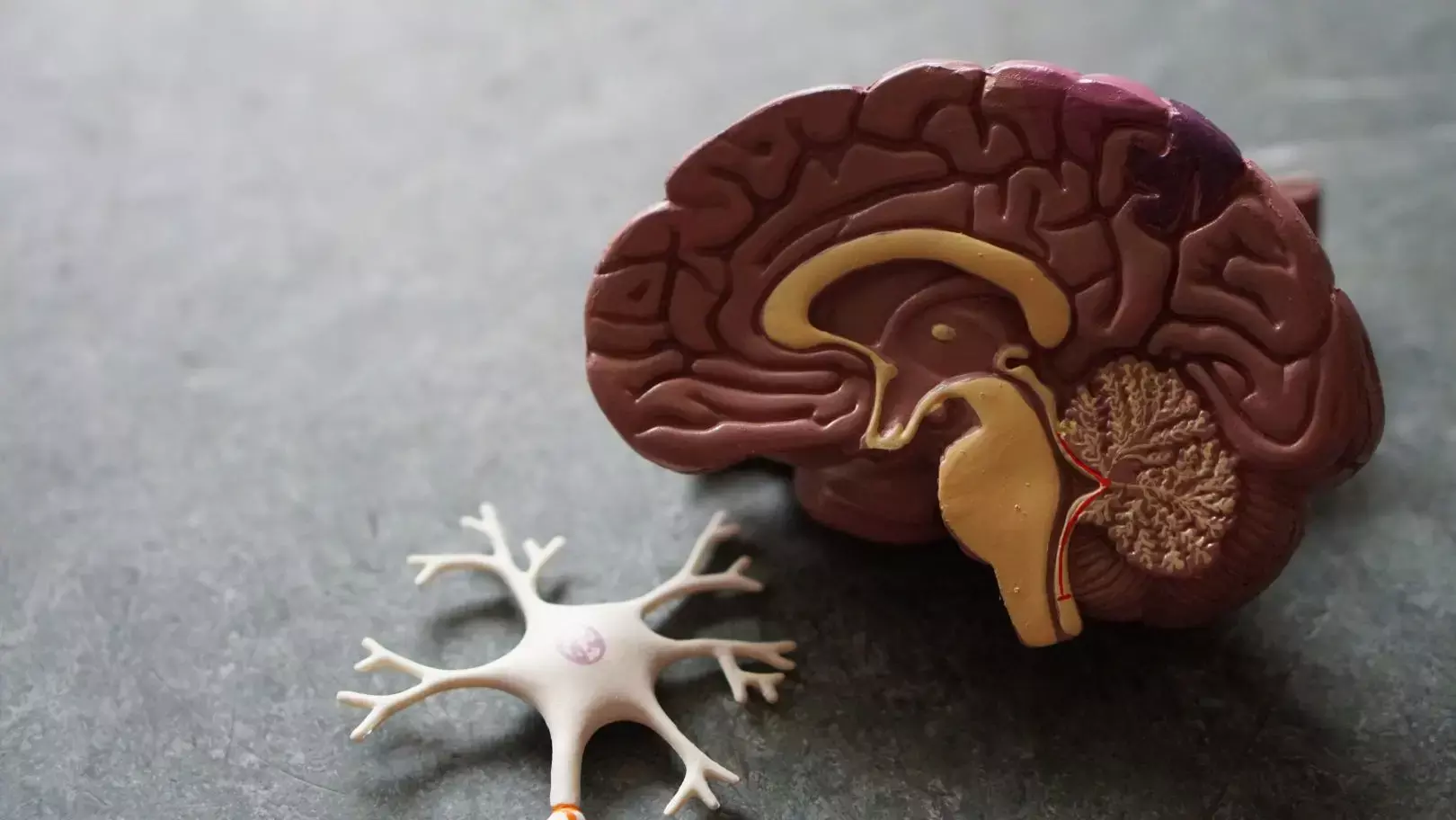- Home
- Medical news & Guidelines
- Anesthesiology
- Cardiology and CTVS
- Critical Care
- Dentistry
- Dermatology
- Diabetes and Endocrinology
- ENT
- Gastroenterology
- Medicine
- Nephrology
- Neurology
- Obstretics-Gynaecology
- Oncology
- Ophthalmology
- Orthopaedics
- Pediatrics-Neonatology
- Psychiatry
- Pulmonology
- Radiology
- Surgery
- Urology
- Laboratory Medicine
- Diet
- Nursing
- Paramedical
- Physiotherapy
- Health news
- Fact Check
- Bone Health Fact Check
- Brain Health Fact Check
- Cancer Related Fact Check
- Child Care Fact Check
- Dental and oral health fact check
- Diabetes and metabolic health fact check
- Diet and Nutrition Fact Check
- Eye and ENT Care Fact Check
- Fitness fact check
- Gut health fact check
- Heart health fact check
- Kidney health fact check
- Medical education fact check
- Men's health fact check
- Respiratory fact check
- Skin and hair care fact check
- Vaccine and Immunization fact check
- Women's health fact check
- AYUSH
- State News
- Andaman and Nicobar Islands
- Andhra Pradesh
- Arunachal Pradesh
- Assam
- Bihar
- Chandigarh
- Chattisgarh
- Dadra and Nagar Haveli
- Daman and Diu
- Delhi
- Goa
- Gujarat
- Haryana
- Himachal Pradesh
- Jammu & Kashmir
- Jharkhand
- Karnataka
- Kerala
- Ladakh
- Lakshadweep
- Madhya Pradesh
- Maharashtra
- Manipur
- Meghalaya
- Mizoram
- Nagaland
- Odisha
- Puducherry
- Punjab
- Rajasthan
- Sikkim
- Tamil Nadu
- Telangana
- Tripura
- Uttar Pradesh
- Uttrakhand
- West Bengal
- Medical Education
- Industry
Dietary Flavonoids beneficial in maintaining cognitive function: Study

Regular intake of dietary flavonoids prevent cognitive decline in both men and women, suggests a study published in Neurology.
A study was conducted by a group of researchers from U.S.A. to prospectively examine the associations between long-term dietary flavonoids and subjective cognitive decline (SCD).
The researchers selected a total of 49,493 women from the Nurses' Health Study (NHS) (1984-2006) and 27,842 men from the Health Professionals Follow-up Study (HPFS) (1986-2002). Poisson regression was used to evaluate the associations between dietary flavonoids (flavonols, flavones, flavanones, flavan-3-ols, anthocyanins, polymeric flavonoids and proanthocyanidins) and subsequent subjective cognitive decline (SCD). For the NHS, long-term average dietary intake was calculated from seven repeated food frequency questionnaires (SFFQs), and subjective cognitive decline (SCD) was assessed in 2012 and 2014. For the Health Professionals Follow-up Study (HPFS), average dietary intake was calculated from five repeated seven repeated food frequency questionnaires (SFFQs), and subjective cognitive decline (SCD) was assessed in 2008 and 2012.
The results of the study are as follows:
- Higher intake of total flavonoids was associated with lower odds of subjective cognitive decline (SCD) after adjusting for age, total energy intake, major non-dietary factors, and specific dietary factors.
- Comparing the highest versus the lowest quintiles of total flavonoid intake, the pooled multivariable-adjusted odds ratios (ORs) was 0.81.
- In the pooled results, the strongest associations were observed for flavones, flavanones, and anthocyanins.
- The dose-response curve was steepest for flavones, followed by anthocyanins.
- Many flavonoid-rich foods, such as strawberries, oranges, grapefruits, citrus juices, apples/pears, celery, peppers, and bananas, were significantly associated with lower odds of subjective cognitive decline (SCD).
The researchers concluded that their findings support a benefit of higher flavonoid intakes for maintaining cognitive function in US men and women.
Reference:
Long-term Dietary Flavonoid Intake and Subjective Cognitive Decline in US Men and Women by Yeh T et. al published in the Neurology.
Dr. Shravani Dali has completed her BDS from Pravara institute of medical sciences, loni. Following which she extensively worked in the healthcare sector for 2+ years. She has been actively involved in writing blogs in field of health and wellness. Currently she is pursuing her Masters of public health-health administration from Tata institute of social sciences. She can be contacted at editorial@medicaldialogues.in.
Dr Kamal Kant Kohli-MBBS, DTCD- a chest specialist with more than 30 years of practice and a flair for writing clinical articles, Dr Kamal Kant Kohli joined Medical Dialogues as a Chief Editor of Medical News. Besides writing articles, as an editor, he proofreads and verifies all the medical content published on Medical Dialogues including those coming from journals, studies,medical conferences,guidelines etc. Email: drkohli@medicaldialogues.in. Contact no. 011-43720751


